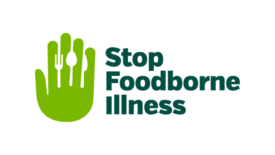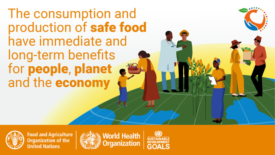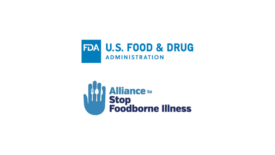Culture
Global Food Safety Culture: Asia
Food safety culture in Asia spans culturally diverse regions, but three broad types of leadership are identified in two types of companies
June 10, 2022
Changing Culture to Improve Food Safety
The CEOs of Birchwood Foods and Kwik Trip, Inc. share lessons learned from their journeys to improve food safety at their organizations
June 8, 2022
Handling Customer Complaints in Food Manufacturing
Although customer complaints can be viewed as a negative, managing them is an important risk management strategy
April 21, 2022
Never miss the latest news and trends driving the food safety industry
eNewsletter | Website | eMagazine
JOIN TODAY!Copyright ©2025. All Rights Reserved BNP Media.
Design, CMS, Hosting & Web Development :: ePublishing












